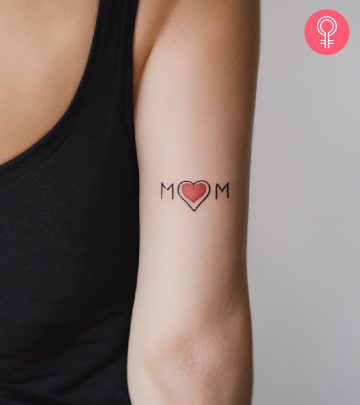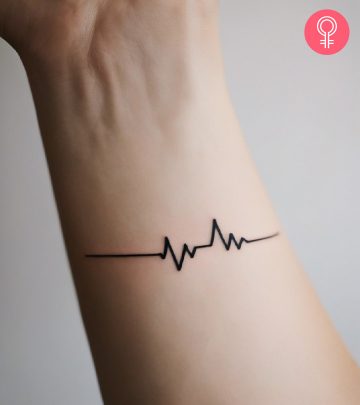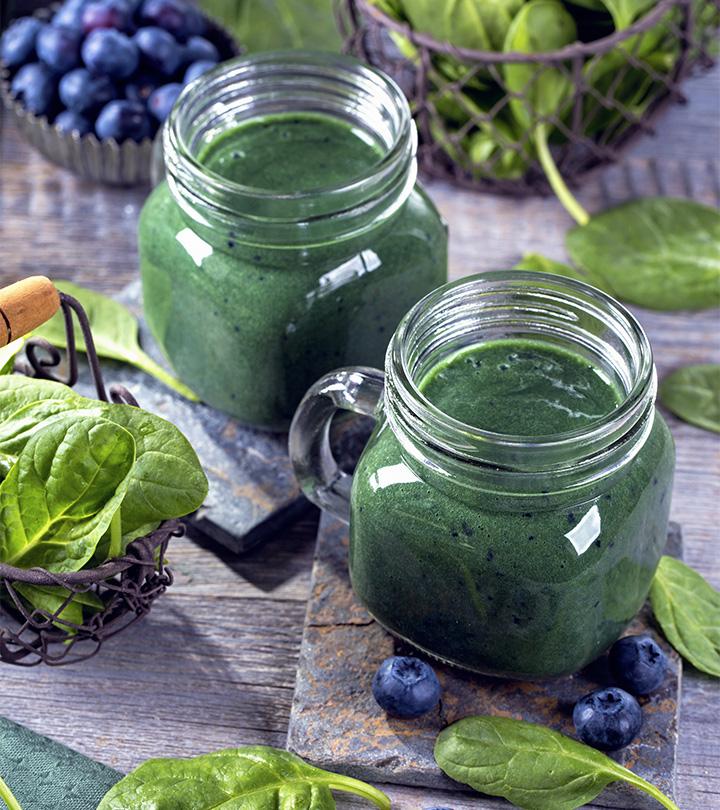Why Your Body Needs A Hug Every Day

Image: Shutterstock
Hugs are expressions of affection from family and friends. The very act of hugging someone can be a stress-buster and also a sign of reassurance. It gives you the feeling that you are not alone, which is what everyone needs. And when it comes to hugs, the tighter they are, the better. But how often, you ask? Well, we think you should receive them every single day! If you get a hug every day, you’re bound to feel positive on a more regular basis. Not only is this something that you should be doing, but it is something that your body needs.
A famous quote by Virginia Satir is, “We need 4 hugs a day for survival. We need 8 hugs a day for maintenance. We need 12 hugs a day for growth.” The numbers might not be very scientific, but it is a telltale sign that hugs are vital to our existence.
In that spirit, let’s take a look at why your body finds regular hugs necessary!
Why Your Body Needs Regular Hugs
Hugs not only affect the giver positively but the recipient too. There are lots of benefits associated with hugging (1). It increases the body’s production of oxytocin, which does explain why hugs make us feel better. Oxytocin is a neurotransmitter that works on the emotional centre of the brain to produce feelings of contentment and goes a long way to reduce anxiety and stress. It is also responsible for most humans to stay monogamous. Oxytocin has been shown to make men bond better and make them more affectionate.
Hugging has also shown to improve men’s ability to perform in bed. You could say it’s the body’s very own natural Viagra. That being said, oxytocin has a lot more benefits than just increasing one’s ability to bond and the quality of one’s lovemaking. It also impedes cortisol, which is a hormone that is released in response to stress. Cortisol can be harmful if it is present in the body for long stretches of time. This combination of benefits, in turn, leads to better quality of sleep.
The combination of hugging and oxytocin has also been shown to protect against heart disease (2). It has been shown that those who do not hug their significant others have a heartbeat that is 10 beats per minute more than the average.
Another study that supports the claim that hugging is advantageous is one conducted by Carnegie Mellon University. It shows a direct correlation between hugging along with social support and falling ill due to stress (3). The university conducted an experiment to prove this hypothesis using 404 healthy adults as test subjects. For a fortnight, questionnaires were given to assess social conflicts and record hug frequencies via telephonic interviews.
After the period of two weeks, the test subjects were intentionally given the common cold virus and were kept on a close watch whilst being put in quarantine. They looked at the infection as a whole as well as looking for signs and symptoms of the infection. The results showed that some had milder symptoms due to the social support that was given. A third of all the subjects who were given social support were given hugs. Those who hugged frequently benefitted the most, regardless of whether these subjects had been in any conflicts in the preceding two weeks. Hugs also have the advantage of being absolutely free, unlike any form of medication that is available in the market.
Another benefit of hugging is that it cultivates patience. Connections between people are made when they take time out to acknowledge and appreciate one another. A hug is the easiest way to show this as you are taking time out just to address the other person.
Hugging also gives impetus to the thymus gland (4). Since hugging stimulates the immune system by strengthening it, it indirectly stimulates the thymus gland. The thymus gland is in charge of regulating and balancing the body’s production of white blood cells. This, in turn, tends to keep you disease free.
Hugging also has the advantage of allowing us to communicate without saying anything. Since 70% of all communication is non-verbal anyway, hugging is just the right gesture to show what you feel about the other person.
Additionally, hugging, or rather, receiving a hug, improves self-esteem, especially in small children. The sense of touch is really important for young children as they learn to love and get a sense of affection only through touch at this stage. From birth, all of us rely on the tactile sense to know that our family loves us and that we are cared for. This sense never really fully goes away, and is persistent even in adulthood. The connection between touch and self-worth is embedded in our nervous system. Hugs, therefore, are associated with our ability to self-love.
So, what are you waiting for? Go out and give a hug today, and release some oxytocin while you’re at it!

























